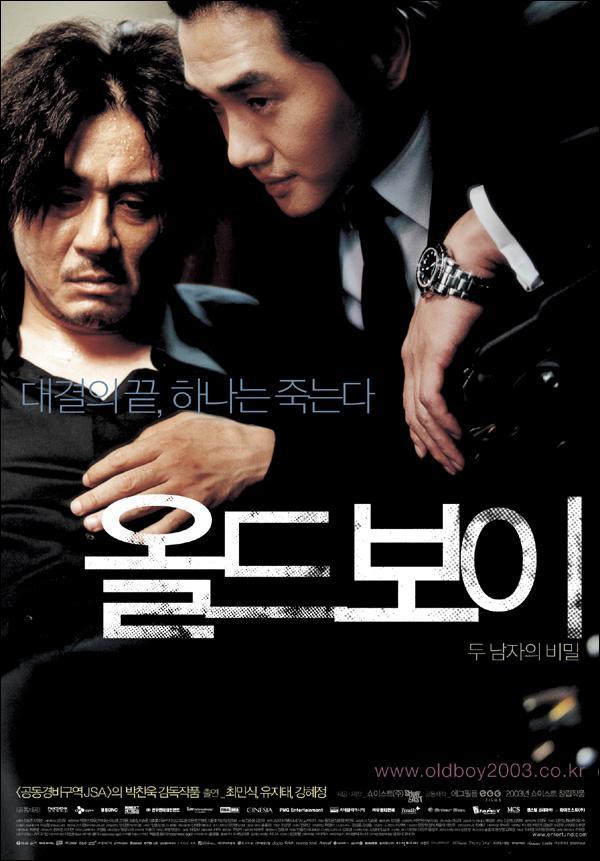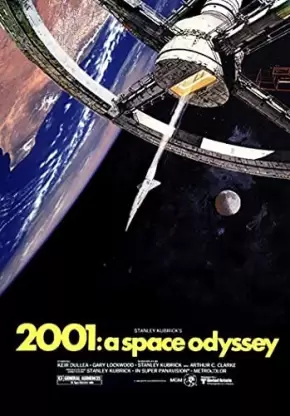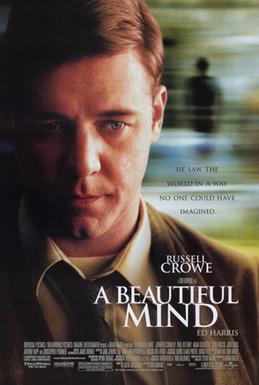1. “Cinema Paradiso” (Italian, 1988)
Giuseppe Tornatore’s “Cinema Paradiso” is a heartfelt Italian masterpiece that explores the magic of cinema and the power of nostalgia. The film follows the life of Salvatore Di Vita, who returns to his small Sicilian village after many years, reflecting on his childhood and the bond he formed with the local cinema projectionist, Alfredo. “Cinema Paradiso” is a love letter to the art of filmmaking, showcasing how movies can shape our lives, dreams, and relationships. Its universal themes of nostalgia and the transformative power of cinema make it a must-see for anyone who appreciates the magic of the silver screen.
2. “Pan’s Labyrinth” (Spanish, 2006)
Guillermo del Toro’s “Pan’s Labyrinth” is a dark and captivating Spanish-language fantasy film set against the backdrop of post-Civil War Spain. The story revolves around young Ofelia, who discovers a mysterious labyrinth and encounters mythical creatures while her brutal stepfather, Captain Vidal, hunts down rebels. The film beautifully juxtaposes the innocence of childhood imagination with the harsh realities of a brutal regime. “Pan’s Labyrinth” is a visually stunning and emotionally powerful tale, emphasizing the timeless importance of hope and the enduring human spirit.
3. “Amélie” (French, 2001)
Jean-Pierre Jeunet’s “Amélie” is a whimsical French film that captures the imagination and transports viewers to a charming Parisian neighborhood. The film follows the quirky and introverted Amélie Poulain, who decides to dedicate herself to improving the lives of those around her. “Amélie” is a visual delight, filled with quirky characters and whimsical storytelling. Its enduring appeal lies in its message that the world can be a magical place, full of beauty and wonder, if we take the time to notice the little things.
4. “City of God” (Portuguese, 2002)
Fernando Meirelles and Kátia Lund’s “City of God” is a Brazilian crime drama that offers a gritty and unflinching look at life in the favelas of Rio de Janeiro. The film follows the lives of young residents who are drawn into a world of crime and violence. “City of God” is a powerful exploration of the cycle of poverty and violence, as well as the impact of choices made in a harsh environment. Its raw and intense storytelling, along with its unforgettable characters, makes it a must-see for those interested in the complex issues of urban life and social inequality.
5. “The Lives of Others” (German, 2006)
Florian Henckel von Donnersmarck’s “The Lives of Others” is a German drama set in East Berlin during the Cold War. The film centers on a Stasi agent, Gerd Wiesler, who is assigned to spy on a playwright and his girlfriend. As Wiesler becomes increasingly involved in their lives, he undergoes a profound transformation. This film is a nuanced exploration of surveillance, loyalty, and the power of art. “The Lives of Others” is a gripping and emotionally resonant work, underscoring the importance of human connection and the capacity for change, even in the most repressive of environments.
6. “Oldboy” (Korean, 2003)
Park Chan-wook’s “Oldboy” is a South Korean neo-noir action thriller that tells the harrowing tale of Oh Dae-su, a man inexplicably imprisoned for 15 years and then released, seeking revenge and answers. The film is known for its shocking plot twists, visceral action sequences, and a complex exploration of vengeance and the consequences of one’s actions. “Oldboy” is a cinematic tour de force, pushing boundaries and offering a unique perspective on the human capacity for both good and evil.
7. “Akira” (Japanese, 1988)
Katsuhiro Otomo’s “Akira” is a groundbreaking Japanese animated science fiction film. Set in a dystopian Tokyo, the story revolves around Kaneda and Tetsuo, two friends who become embroiled in a government experiment involving psychic abilities. “Akira” is a visionary work that blends cyberpunk aesthetics with a complex narrative about power and technology. It has had a profound influence on both anime and science fiction cinema, making it essential viewing for fans of the genre.
8. “A Separation” (Persian, 2011)
Asghar Farhadi’s “A Separation” is an Iranian drama that delves into the complexities of a deteriorating marriage. When a husband and wife decide to divorce, their lives become entangled in a web of moral dilemmas and social pressures. The film is a masterclass in storytelling and character development, offering a nuanced exploration of family, morality, and societal norms. “A Separation” is a compelling and thought-provoking film, providing a glimpse into the intricacies of Iranian society while also addressing universal themes of human relationships.
9. “The Great Beauty” (Italian, 2013)
Paolo Sorrentino’s “The Great Beauty” is an Italian film that follows the life of Jep Gambardella, an aging writer and journalist in Rome, as he reflects on his life and the decadence of the city. The film is a visual and auditory masterpiece, capturing the essence of Rome’s beauty and decay. It offers a contemplative exploration of art, culture, and the search for meaning. “The Great Beauty” is a cinematic celebration of life’s complexity and the pursuit of artistic and existential fulfillment.
10. “Let the Right One In” (Swedish, 2008)
Tomas Alfredson’s “Let the Right One In” is a Swedish romantic horror film that tells the story of Oskar, a lonely boy who befriends Eli, a young vampire. The film is a mesmerizing blend of horror and coming-of-age themes, exploring the isolation and darkness that can exist in the most unexpected places. “Let the Right One In” is a haunting and beautifully crafted film that redefines the vampire genre, emphasizing the human need for companionship and acceptance.
In conclusion, these ten foreign language films represent a diverse array of cinematic excellence. Each film offers a unique perspective on the human experience, whether through love and nostalgia in “Cinema Paradiso,” the blending of fantasy and reality in “Pan’s Labyrinth,” or the profound impact of small acts of kindness in “Amélie.” These films, spanning different countries and genres, remind us of the universal power of storytelling and the ability of cinema to transcend cultural and linguistic boundaries. They are essential viewing for anyone seeking a deeper understanding of the human condition and the art of filmmaking.



